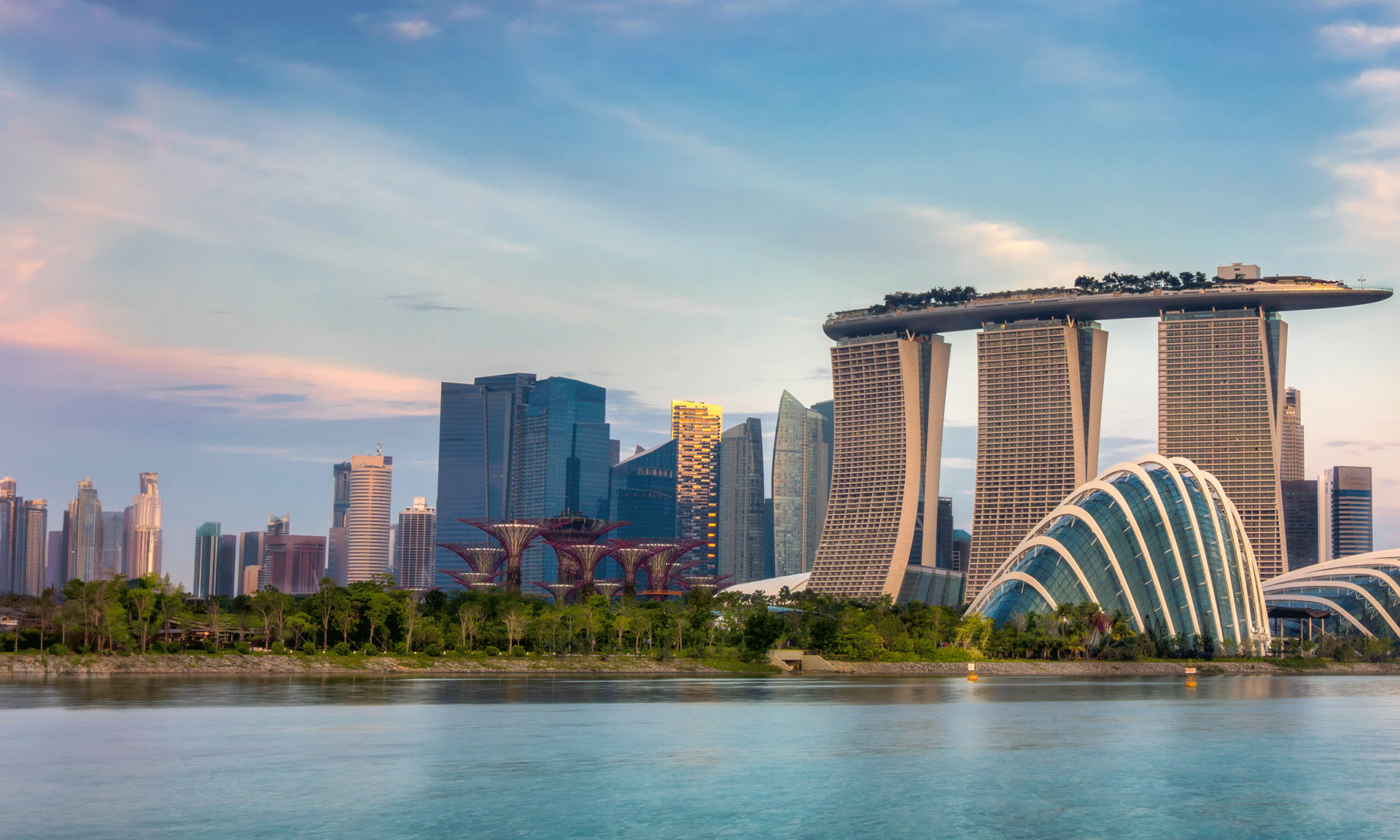Global accountancy network MGI Worldwide, headquartered in the UK, and association CPAAI (CPA Associates International),with its headquarters in the US, have announced that they will be merging on 1 January 2020 to create a new organisation with 257 member firms around the world.
The deal, finalised recently in Dubai, UAE, will create an organisation with revenues approaching $1 billion, placing it in 16th position in the current global accountancy network ranking. Both organisations have been active for more than 60 years in their markets and combined will offer clients access to almost 9,000 professionals in almost 100 countries. The merger will also offer member firms greater resources, access to more expertise in new jurisdictions, a wider range of services and stronger brand recognition. Global quality assurance will be available to CPAAI firms as they join the MGI Worldwide network. The two groups’ well-established markets, with CPAAI especially strong in the US, China and Mexico and MGI Worldwide with a greater global reach, are highly complementary.
The deal was agreed by members at the time of the MGI Worldwide global annual general meeting in Dubai, UAE – with many making use of the latest technology to vote and take part in the debate via live-streaming. Clive Viegas Bennett, CEO of MGI Worldwide, said: “This merger greatly strengthens the already solid market positions of both organisations and the resources for our member firms. Our new global and regional management team will be unbeatable. “For members, our coming together will bring a wide range of new benefits, access to more business opportunities, wider geographical scope and significant knowledge and technology exchange. “The merger will help us not only retain the excellent firms within our existing organisations but also attract new members who are looking for a different approach and greater support from a global international network.”
Michael Parness, the President of CPAAI, added: “Our organisation and MGI Worldwide have a lot of shared values, a similar client base and business DNA, so this merger makes sense in a world that is becoming ever more interconnected. “Clients remain at the heart of all members firms’ objectives and the merger ensures that they will be able to call on the expertise and support they need – regardless of where they operate in the world. “We are very excited about what the future holds for our newly formed organisation and we cannot wait to start developing new strategies and connections so that we can grow and flourish in this competitive marketplace.”
The new group will be co-chaired by Roger Isaacs, the Chairman of MGI Worldwide and Jim Holmes, the Chairman of CPAAI. Clive Viegas Bennett will serve as Chief Executive Officer, with Michael Parness as Chief Operating Officer.
The organisation plans to hold more regional meetings for its members in North America, Latin America, Europe, UK & Ireland, Africa, Asia, Australasia and the Middle East, to keep them abreast of technical and business developments, exchange business and expertise and deepen their strong regional structure.
To find out more about each organisation and the merger, please visit www.cpaai.com and www.mgiworld.com























